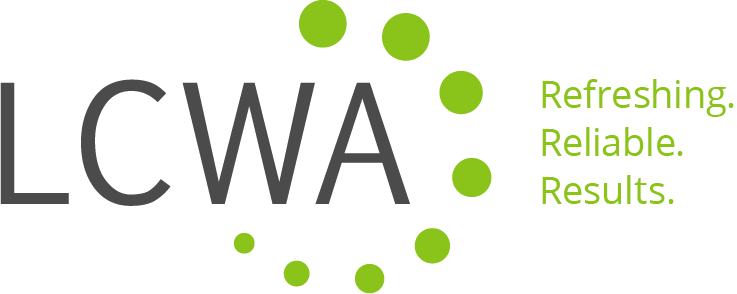January 10, 2019
Influencers are an important part of many public relations campaigns. They help grow brand and product awareness and can increase traction on social media. However, not all
influencers fit every campaign. Part of the allure of influencers is the individual, personal perspectives they provide. Here are four questions to consider when choosing influencer partners:
1) What are your goals from this influencer partnership?
Before beginning the search for an influencer partner, it is important to set up clear goals for your program. First, understand what you are hoping this partnership will do for your brand. This may include generating brand awareness or growing product sales.
Once you have your overall program goals, it also is important to determine how you will measure success by establishing key performance indicators (KPIs). Website clicks, social media engagements and overall impressions are valuable metrics to consider. Depending on the program, it may be best to include multiple types of analytics.
When crafting your program, it is important to be aware of the reach of each influencer. Large impressions are helpful toward your KPIs, however it is also important to consider the number of social media followers and typical engagements on blog posts and social content. When analyzing the influencer’s content as a whole, it may be best to choose those with smaller, however more active and engaged following, to reach your program goals.
2) Does the influencer fit for your audience?
Now that program goals are finalized, understanding your target audience is important when choosing an influencer. Start with your target audience – perhaps millennial females who cook – and work backward. If you are entering a new geographic market, then promoting your brand with influencers in the area will be important.
To help your program succeed, influencers should represent a similar look and feel as your brand to best fit your target audience. Many influencers consider themselves in the lifestyle category, however when reading their content, does it match the personality your brand wants to portray? Finding a blogger who meshes with your brand, such as a outdoor photography blogger for a camera company, is a natural fit – and will make great content for the brand and the influencer.
3) Is the topic ultimately a good fit for the influencer?
You may find some influencers who provide high-quality content, however understanding the typical content they cover is central for a successful campaign. Your campaign should be something the influencer might actually write about – not just content published and quickly forgotten. For instance, a food blogger may be health conscious and talk about making healthy choices. But as a meal-oriented site, it may not be a good fit for a disease awareness post unless it has a clear tie to food such as diabetes or celiac disease.
Competitor coverage is also important to consider. A quick search can determine if the influencer has covered one in the past, but it is also worth asking about. For example, Ford would not want a blogger who recently posted about Dodge to then share why they love Ford vehicles a month later.
The ultimate goal in a partnership is to make the content feel as authentic as possible to the reader – and for the influencer. Finding an individual who is an avid supporter for your brand or product, and wants to share that with their network, is priceless.
4) Are the expectations from the partnership clear for both you and the influencer?
After confirming the influencer is a fit and you begin negotiation, it is crucial to be as clear as possible about what you expect from the partnership. Outlining expectations down to the number of blog and social posts, specific messaging and hashtags or links to use ensures that what they create will be in line with your campaign. Providing a deadline will keep the influencer on a schedule, and have you both on a timeframe to be accountable for providing materials.
By securing these details through a contract, both parties will be happy with the results. A positive experience with you and the brand can lead to the ultimate goal of creating an ongoing brand advocate. Managing minute details in the beginning can help build lasting relationships for you and your client.

